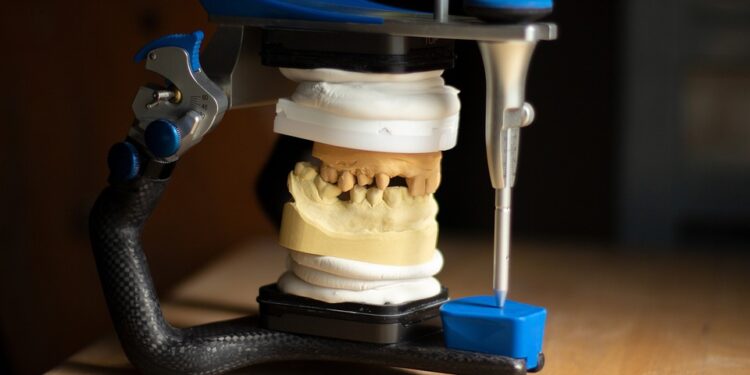Clinical trials are essential in the development and approval of new medical treatments. These studies test the safety and efficacy of new drugs and medical devices before they can be made available to the public. Traditionally, clinical trials have been time-consuming and costly, with many potential barriers to successful completion. However, advancements in technology are now playing a crucial role in transforming the clinical trial process.
One of the most significant ways technology is changing clinical trials is through the use of electronic data capture (EDC) systems. These systems allow researchers to collect and analyze data in real-time, streamlining the data management process. EDC systems also improve data accuracy and reduce the risk of errors associated with manual data entry. By digitizing the data collection process, researchers can monitor trial progress more efficiently and make decisions based on real-time data.
Another key advancement in technology that is transforming clinical trials is the use of mobile health (mHealth) technologies. These include wearable devices, smartphone apps, and telemedicine platforms that can be used to monitor patients remotely. mHealth technologies allow researchers to collect data from patients in their everyday environments, providing a more accurate picture of how a treatment is working outside of a clinical setting. This can lead to more personalized and effective treatments for patients.
Artificial intelligence (AI) and machine learning are also playing a crucial role in transforming clinical trials. These technologies can analyze large amounts of data quickly and identify patterns that may not be apparent to human researchers. AI can help researchers identify potential participants for clinical trials, predict patient outcomes, and streamline the trial design process. By using AI to automate tasks that would have previously required significant time and resources, researchers can accelerate the pace of clinical trials and bring new treatments to market faster.
Overall, technology is revolutionizing the way clinical trials are conducted. By improving data collection and analysis, facilitating remote monitoring of patients, and automating tasks through AI, technology is streamlining the clinical trial process and making drug development more efficient. As technology continues to advance, we can expect to see even more transformative changes in the way clinical trials are conducted, ultimately leading to better and more personalized treatments for patients.











Discussion about this post